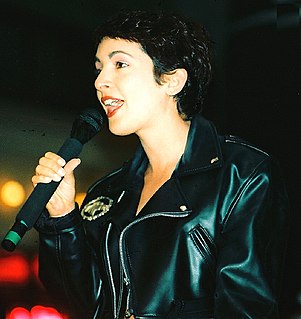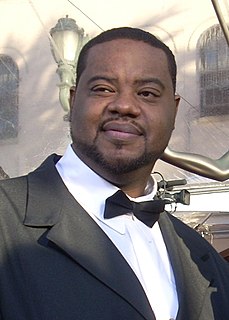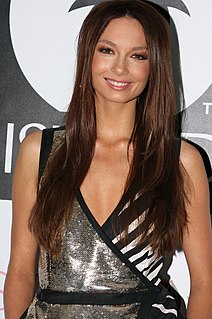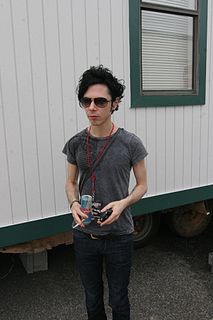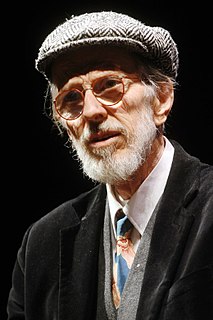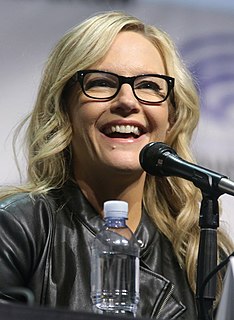A Quote by Ta-Nehisi Coates
It meant something to see people who looked like me in comic books. It was this beautiful place that I felt pop culture should look like.
Related Quotes
To me, my favorite comic book movies were the ones that were never based on comic books, like Unforgiven. That's more the kind of thing that get us inspired. Usually when you say something's a comic book movie, it means you turn on the purple and green lights. Suddenly that means it's more like a comic book, and It's not really like that.
Comic books sort of follow with the move - if people see the movie and if they're interested in the character and want to see more of the character, they start buying the comic books. So a good movie helps the sale of the comic books and the comic books help the movie and one hand washes the other. So, I don't think there's any reason to think that comics will die out.
I always have looked at "indie" as a term of "independence." Never associated a sonic gesture with that in the same way that pop music has always meant "popular" to me it didn't define a sound. And I think now that has been the context for things. If something is indie, it almost has this sonic association with it, or pop has become this term of shame almost, like, bubblegum sweet pop.
I think 'pop' can be a bit of a dirty word. People are very cool in Australia. They don't like to admit that they like pop. There are people who listen to Triple J and cool stuff like that, but commercial radio is massive, and if you look at the sales of the pop songs every week, people love pop music.
I’ve always thought that if comics are a part of pop culture [then] they should reflect pop culture, but a lot of the time comics, superhero comics especially, just feed on themselves. For me, comics should take from every bit of pop culture that they can; they’ve got the same DNA as music and film and TV and fashion and all of these things.
As a kid growing up in the 1950s I became acutely aware of the changes taking place in American culture and I must say I didn't much like it. I witnessed the debasement of architecture, and I could see a decline in the quality of things like comic books and toys, things made for kids. Old things seemed to have more life, more substance, more humanity in them.
A culture-bearing book, like a mule, bears the culture on its back. No one should sit down to write one deliberately. Culture-bearing books appear almost accidentally, like a sudden surge in the stock market. There are books of high quality that are a part of the culture, but that is not the same. They are a part of it. They aren't carrying it anywhere. They may talk about insanity sympathetically, for example, because that's the standard cultural attitude. But they don't carry any suggestion that insanity might be something other than sickness or degeneracy.

